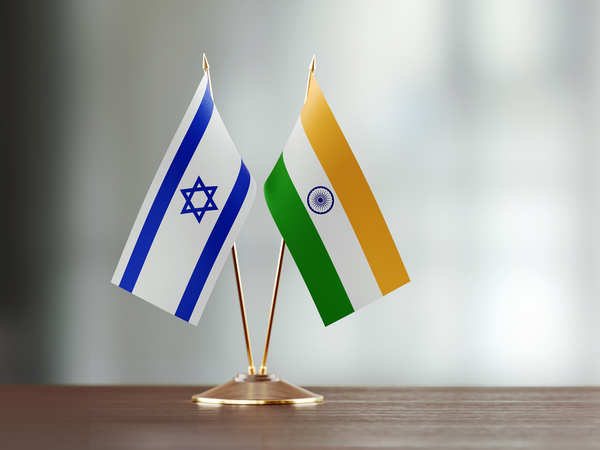Free Courses Sale ends Soon, Get It Now


Free Courses Sale ends Soon, Get It Now



Copyright infringement is not intended
Context: Diplomatic relations between India and Israel have just completed 30 years.
Background:
India & the Palestinian cause
Shift in policy
Conclusion:
https://indianexpress.com/article/explained/the-india-israel-relationship-modi-bennett-7753938/
© 2024 iasgyan. All right reserved